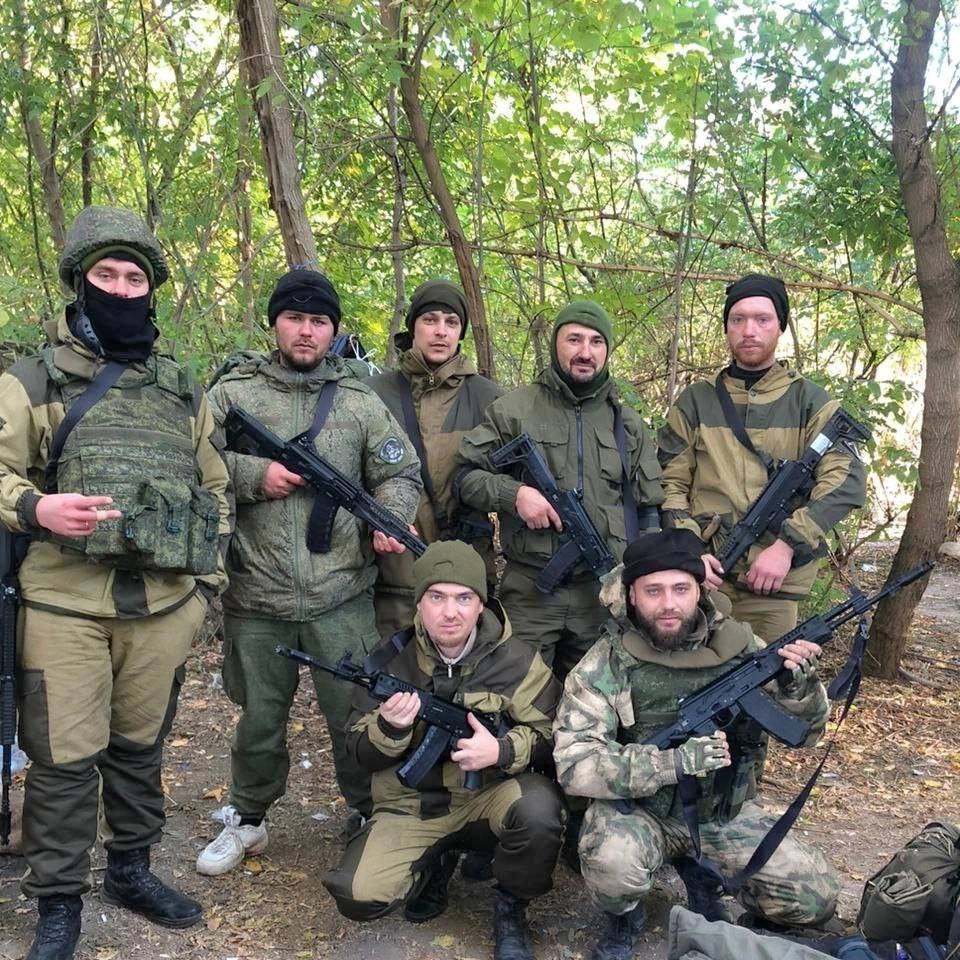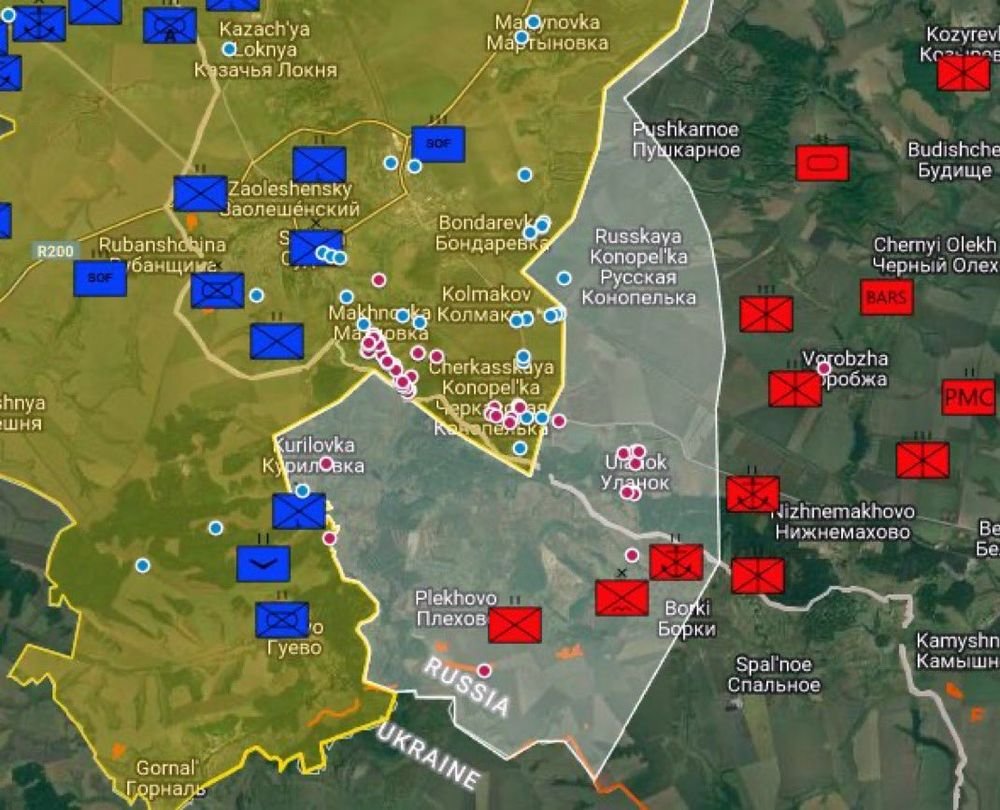1/ The Russian army is reportedly forcing mobilised soldiers to either sign permanent contracts or be sent to die in assaults. The reasons are unclear, but it may be intended to prevent them demobilising if a ceasefire deal is reached. ⬇️ 

2/ The Russian pro-war 'Philologist in ambush' Telegram channel reports that the ultimatum has been issued by the Dnepr grouping of forces and the Southern Military District. Commanders and political officers have been ordered to 'persuade' their men with threats.
3/ The channel says that the order has gone out to "organise agitation among servicemen called up by mobilisation, with the aim of increasing the staffing of formations and military units with servicemen serving under contract."
4/ It speculates that the intention is to ensure that they stay in the army after demobilisation is announced, so that Russia's combat capabilities do not suddenly collapse. Notably, the neo-Nazi Rusich group recently issued a similar warning of collapse.
https://x.com/ChrisO_wiki/status/1881788653535670753
5/ The 'Philologist' writes: "As far as I can see, the contracting of mobilised servicemen is unlikely to ensure the maintenance of the total number of the active contingent, since the mobilised are already part of it."
6/ "Other carrot and stick mechanisms are at work for this purpose.
The first thing that comes to mind is raising the overall reporting figures for contract soldiers, i.e. juggling with figures and statistical dust in the eyes.
The first thing that comes to mind is raising the overall reporting figures for contract soldiers, i.e. juggling with figures and statistical dust in the eyes.
7/ "Everything is going well and according to plan, the army is replenished with contract soldiers, there is no shortage of personnel – not like the Ukrainians who are being forced onto buses.
8/ "Further, it is possible to save money on the allowances of contract soldiers, unlike mobilised soldiers. Here, for example, writes a comrade: ‘Now I was talking to a fellow soldier, a mobilised man, who is standing on the border.
9/ "A telegram came to their unit that all mobilised persons must be behind the tape [front line], otherwise there is a corruption component in it. It turns out that the MOD started counting federal payments to the mobilised’.
10/ "In addition to this, the contractorisation of mobilised people formally reduces the social basis for domestic tension.
11/ "In fact, however, the tension itself does not go away, since contracts that have no expiration date are simply another form of enslavement, but formally, the official structures have something to answer with – here are the signed contracts, what claims can they have…
12/ …against us? Whether these contracts were signed voluntarily or under compulsion is not important for formal justification. And the facts of coercion must still be proved.
13/ "Among other things, if we (we are talking about this hypothetically for now) suddenly have a ceasefire, it is quite obvious that the contracting of the mobilised will allow us to keep these people in service for some time to come,…
14/ …thereby stopping their mass rush to freedom, which seems to be undesirable for social and political reasons, including image costs.
15/ "It is not hard to guess that the official talking heads will confidently adjust to this scenario with a propaganda base of alternative reinforced concrete about preserving the backbone of the army with ‘our experienced warriors’ ©.
16/ "At the same time, I strongly suspect that this manoeuvre will have no effect on the real preservation (let alone increase) of combat capability.
17/ "What is characteristic is that this very 'agitation among servicemen' also comes down to coercion (I quote): 'We, the remnants of the mobilised, are forced to sign contracts under the threat of being sent to join the stormtroopers.'
18/ "'This is not only in our regiment, it is the same in neighboring ones,' and 'At the request of the senior chief, servicemen who refuse to sign contracts will be transferred to infantry units, regardless of their specialisms and positions.' That is, in addition to the…
19/ …prospect of a 'final solution to the issue' of the fed-up mobilised personnel and their families (who are paying for the mistakes of the state and the mortgage holder cadre [i.e. senior commanders]) by imposing on them a simple binary of contracting or going to assaults,…
20/ …we also have another example of neglecting the issue of the overall combat effectiveness of units – the task of contracting is clearly weightier than the professional skills of people." /end
Source:
t.me/philologist_zo…
Source:
t.me/philologist_zo…
• • •
Missing some Tweet in this thread? You can try to
force a refresh






